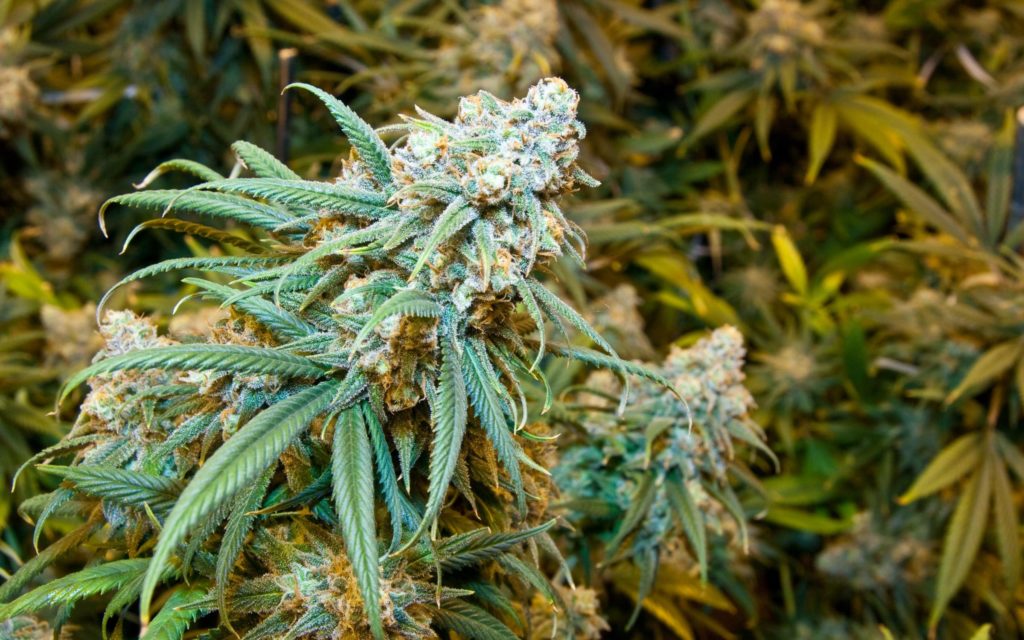Texas is now accepting applications as it looks to increase the number of licensed medical cannabis dispensaries, a state agency announced on Monday.
The Texas Department of Public Safety said that it is now taking applications for the so-called Compassionate Use Program (CUP), which was established by the 2015 law that legalized medical marijuana treatment in the state.
The department said that the application period will close on April 28, and that applicants who have previously applied may reapply.
“An announcement detailing the process for application acceptance and the subsequent approval process to issue additional licenses will be made at a later date. The department will issue only the number of licenses necessary to ensure reasonable statewide access to, and the availability of, low-THC cannabis for patients registered in the compassionate-use registry,” the Department of Public Safety said in the announcement on Monday.
Those additional licenses are needed in Texas, where the medical cannabis program has been encumbered by legal obstacles.
According to the Dallas Morning News, only “three dispensaries have been licensed in Texas in the past three years.”
The law that was passed in 2015, the newspaper said, “was highly restrictive in the conditions it covered and how much THC, the element that gives marijuana users a high, was allowed.”
“The Legislature expanded the list of conditions that could be treated under the Compassionate Use Program a few years later. But even then, some advocates believe the program is too selective of the conditions that are allowed and are hoping the Legislature will pass expansion legislation this year,” the Dallas Morning News reported.
“The three dispensaries now open are all in central Texas, with two in Austin and one in Schulenberg, about 100 miles west of San Antonio. With only three dispensaries that can provide cannabidiol that is low in THC, some advocates are frustrated that there is not enough supply to meet demand,” the Morning News continued.
In 2021, Texas Gov. Greg Abbott signed a bill into law that made patients with post-traumatic stress disorder (PTSD) and all types of cancer eligible for the Compassionate Use Program, and also raised the cap on THC from .5 percent to one percent by dry weight.
Advocates lamented that the bill was still too restrictive; for example, an earlier version of the legislation would have raised the THC cap to five percent.
Republican state Sen. Charles Schwertner, however, introduced a replacement measure that capped the limit at one percent.
““As a pharmacist and as a physician, I feel strongly that our limited medical program, with appropriate rules and oversight, is the right path for patients in Texas seeking symptom relief,” Schwertner said at the time. “I believe the evidence is starting to show that. I believe there needs to be further work, but certainly, the testimony is very strong by patients who are suffering from some of these conditions.”
Recreational cannabis remains illegal in the Lone Star State, although there is reason to believe that Texans are ready to embrace legalization.
A poll released last summer found that a 55% of registered voters in Texas support the legalization of cannabis for adults, while 35% said they were opposed.
Abbott, however, is not yet on board with legalization.
A Republican who won re-election last year, Abbott “has previously expressed interest in reducing the criminal penalty for marijuana possession to a Class C misdemeanor, but not legalizing the drug,” according to the Houston Chronicle.
Following President Joe Biden’s pardon of federal marijuana offenders last year, a spokesperson for Abbott said that the governor would not be following the White House’s lead.
H/T: hightimes.com



